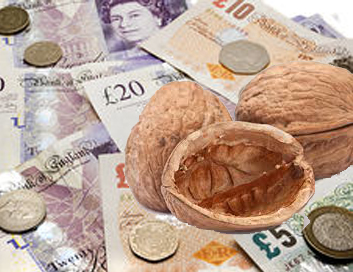by Scribimus

1 What Money Is
Barter has never been the basis for any economy as it relies on the coincidence of needs, that both people need what the other has available at exactly the same time.
People still traded, but they kept records of what was owed, and these records can be found as far back as 5,000 years ago. There were also complex tables to measure the worth of different commodities against one another.
Around 2,800 years ago, money was invented. It is an invention of government, and it meant that instead of complex tables, everything could simply be given a price; a value in money.
Money had the force of law behind it; the government that issued it saying that the passing of the correct amount of legal tender meant the debt was paid in any transaction.
It was made of gold and silver because that rare metal controlled largely by the governments, was also easily made into coins and handy to exchange.
The metal content of the coins doesn’t matter, and today is mostly electronic. It’s the force of law from government that gives money value.
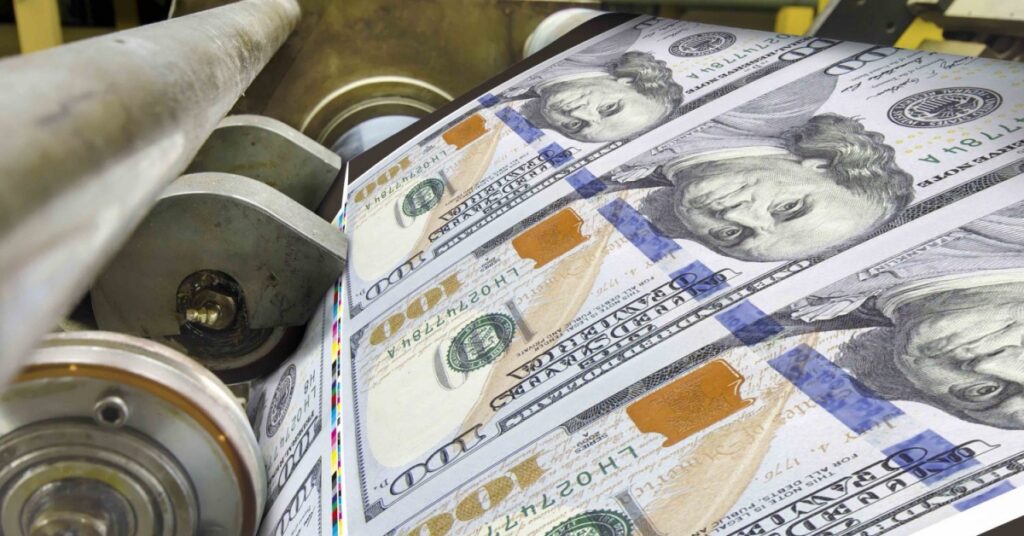
2 Money Creation in Britain
Money is an invention of government, and can be created how and when it is wanted by government.
Some countries choose to use the currencies created by another state, but a sovereign state, like Britain, with its own self created currency, can make it without any theoretical limit, can never run out, and can never go bankrupt due to creation of their own currency.
Money created by government is base money, It can be created directly, but is often created indirectly through the creation of gilts are bonds; these allow a small amount of profit guaranteed for the investors who purchase them.
The government has also granted permission to commercial banks to create money. This occurs whenever they loan money. This money is always created with some kind of charge or interest. The money created and given to you enters circulation. It is then slowly removed from circulation as you repay the bank, with the bank taking some profit from the process.
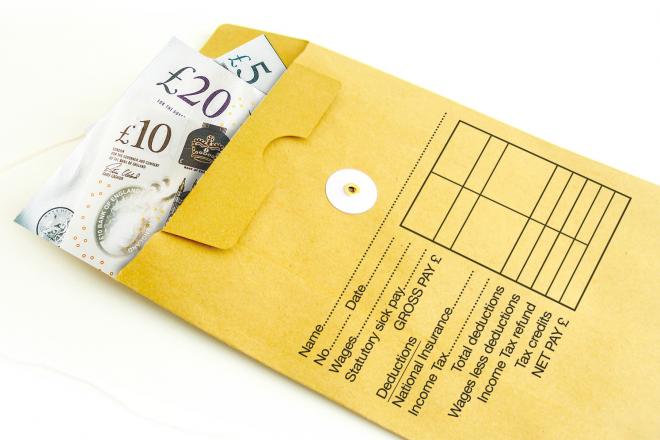
3 Income, and taxes
This is how we are told the economy works:
- 1, Citizens work and are paid money
- 2, Citizens hand some of it in taxes to the state
- 3, Government uses the money raised to pay for services for the people.
The problem with this simple model is that it fails at number 1. People do not make money through work. They may create wealth of come sort, but money itself is often taken out of, or paid into the economy by people as they work.
The real system is this:
- 1, Government decides how and when money is made
- 2, Government arranges for money to be made and it enters the economy
- 3, That money is traded and taken as income
- 4, People pay taxes but not to fund anything, because the government can create money as and when it wants, the taxes merely remove the money from the economy, and can be targeted for certain groups.
So imagine, John gets money from renting out some property and stock exchange investments. He earns £2 million a year, and pays the maximum amount of tax counting everything as if it were wages, so taking home £1,071,140 after paying £982,860 deductions.
This of course is the maximum amount possible, nobody pays that much, he would be paying a lower rate for corporation tax to start with, most rich people pay as little as possible.
Ronnie earns £8.25, minimum wage, forty hours a week backbreaking work, income of £330 a week or £17,600 a year. He takes home £15,610, after paying £1,990 in tax and N.I. He does not have enough left to pay his bills and live.
The truth is that Ronnie takes nothing from the economy for the work he does, and gets further into debt.
John doesn’t make money, even living an extravagant life he spends no more than £200,000 a year back into the economy. He drains the economy of around £871,140 every year.
John pretends Ronnie, who is working and creating wealth, should be grateful for the way in which John funds the services he uses.
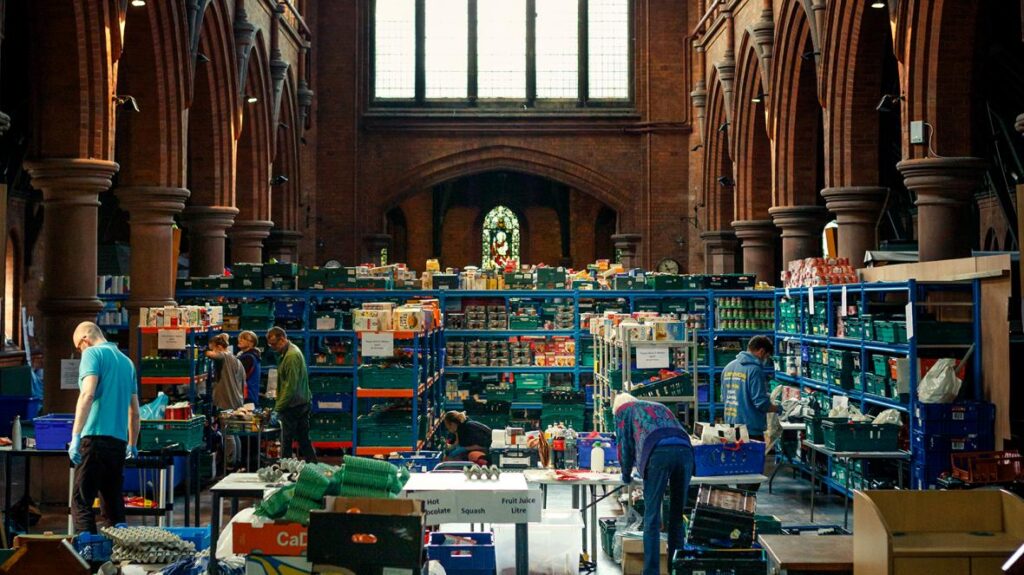
4. Austerity
Imagine an economy with a million people with $200 million of their own circulating currency.
Around 90% of the population earn about $100 dollars a week and live comfortably able to enjoy their life and work.
There’s a ruling government class of 9% which earns about $1,000 dollars a week, living very comfortably and taking holidays.
There is a rich 1% that earns $5000 a week and lives in luxury.
Everyone has a stake in society, they all have their own homes, and each person has a chest under their beds with an equal amount of family silver locked safely away inside.
The rich tell the government they want to reduce an unmanageable national debt. The government decides to reduce the amount of money circulating by 10%.
Four things can happen:
- 1, All the prices reduce by 10%, everyone’s wages likewise and the economy continues as it did before
- 2, The economy shrinks and you have recession, wages reduce and people cannot afford to buy so many things, some people who make things become unemployed
- 3, The rich people open banks, which lend people money to make up the difference so the economy might continue, the working people pay interest on 10% of the money in circulation
- 4, People are forced to sell the family silver to maintain a quality of life
Though we’ve had an increasing deficit and debt system, the money has been targeted to the hoarding rich, whilst the rest of the population has been suffering forms of austerity for forty years.
Prostitution has boomed, people have starved, and the collective national family silver (the NHS, utilities, rail etc) has been sold cheaply to friends of the government.
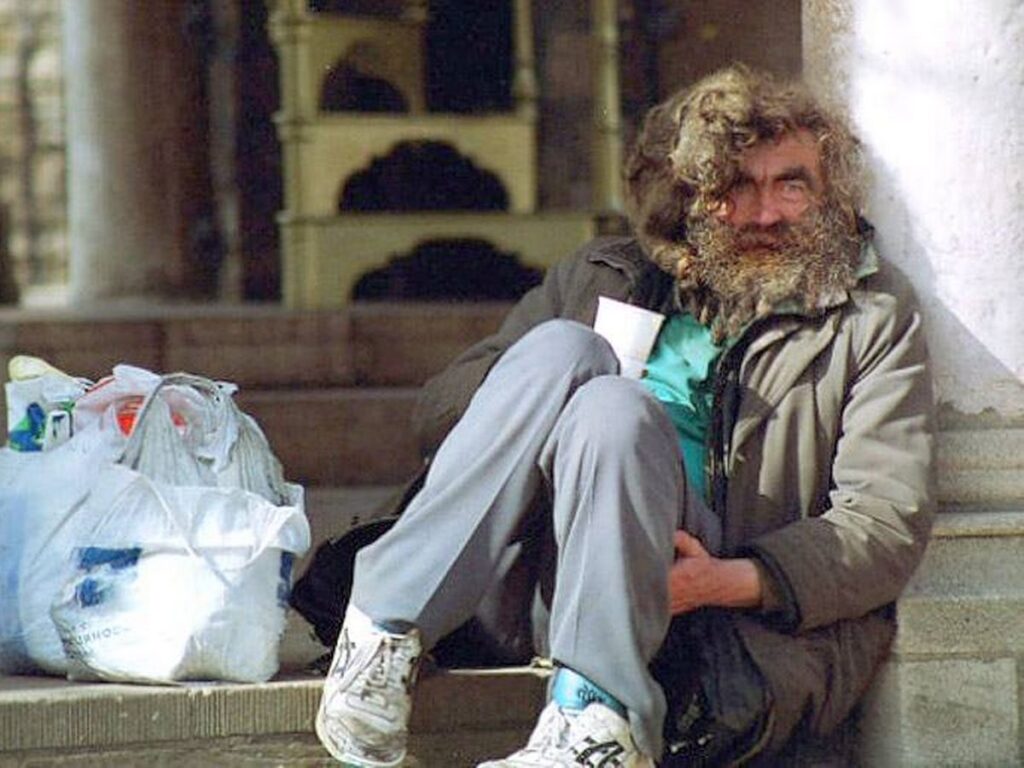
5. Culling the Poor
Well, it might be happening anyway, but we will create a fictional State of Torytania.
In this state they have grown weary of poor people getting injured doing heavy manual work, then expecting help with their disability.
They have looked at society, and decided to get rid of those useless, and make society perfect. Those in need have been demonised for decades.
The population drops 10% and those who were taking but not making are now gone. The morals matter not to Torytania people, they also have no feeling of guilt that many of the people who they have killed were made disabled building the society they enjoy.
The sales in the shops, and indeed the need to produce products, have reduced by 10% as you got rid of those customers. People lose their jobs. On top of that, rich people, investors in the places, now find they have lost some income from profits, and that they’re missing out on the rent for the slums they used to rent to the poor 10%. They make rents higher and life more difficult for the remaining workers.
Some 8% of the new population is ill or unemployed, suffering from the increased stress and simply made redundant.
The solution of course, for Oxygen Thieves, is again to do what Alf Garnet in the sitcom, In Sickness and in Health, called some judicious culling. It will solve the problem surely?
Time to demonise until the new hated, the people who had until recently, been the bedrock workers of society.
Anyone who lives in the less affluent parts of any town, those near the suffering poor who may be told to hate them, should realise they are most likely to be next in line to be those unwanted poor.
The people to blame are the rich, who don’t claim benefits because they already drain all of the money from society without needing to work.
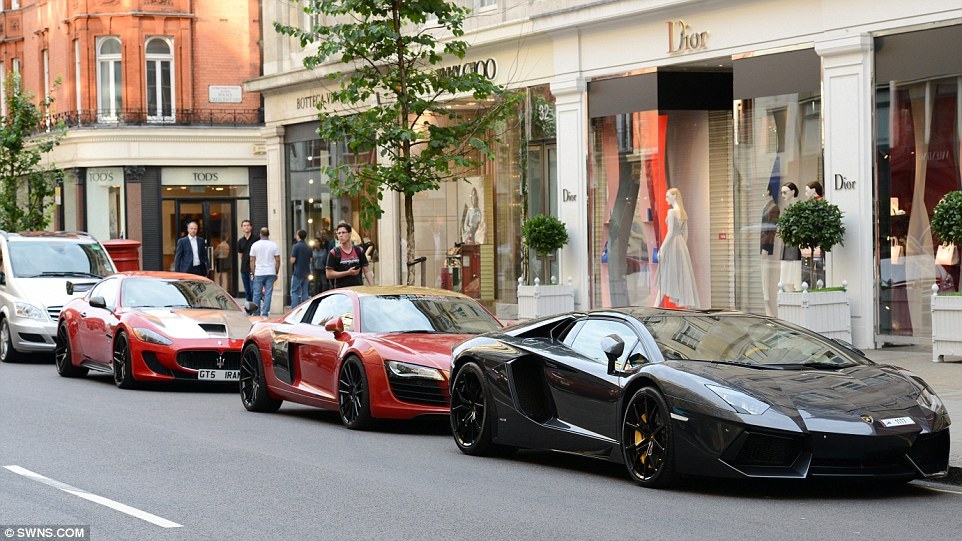
6. The Spoilt Rich
Susanna is born of privilege. She spends each long weekend travelling to Switzerland to the slopes to see her friends; excepting the four or five holidays she takes a year.
She is incredibly well paid for her job as a weekly columnist on the latest trends in society; she takes her work seriously and may spend days writing the article.
Shirley was born to difficult circumstances. When she was young her family used to like to go to Southend once a year for a couple of days holiday, but in recent decades this has become too expensive. As a care worker she been saving up for a long time for a holiday this yea. She has even gone without heating and food at times.
There is an economic shock, which affects everyone. It even causes some airlines to go out of business. Shirley has lost her holiday, but she is used to not having one, and so just tries to get some of the money back since she needs it. Her friends who are also poor agree that is the thing to do.
Susanna is outraged, she may not only miss this weekend, but next and perhaps the one afterwards. The rich are spoilt and always throw a tantrum till they get what they want. Someone should say no to them once in a while.
Subscribe
Click here for a secure way to sign up, you will be supporting independent news. Click the button below.
Your Opinions
Disagree with this article? why not write in and you can have your say? email us
